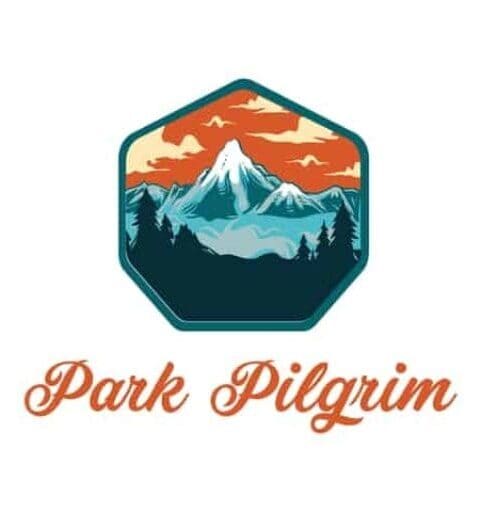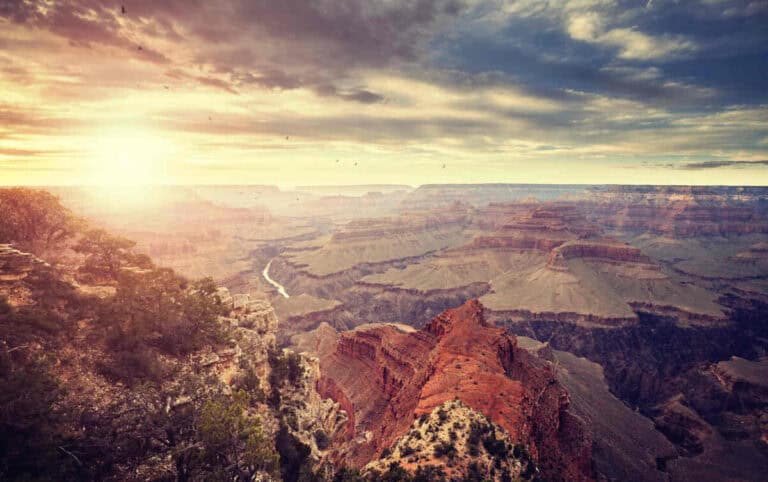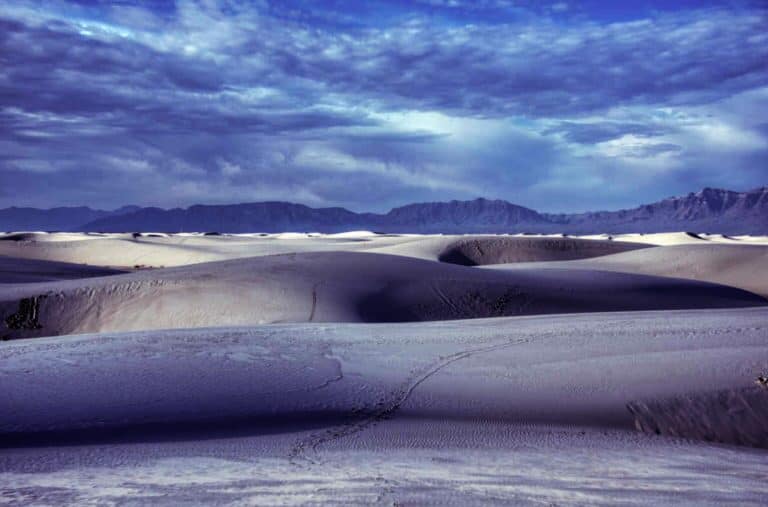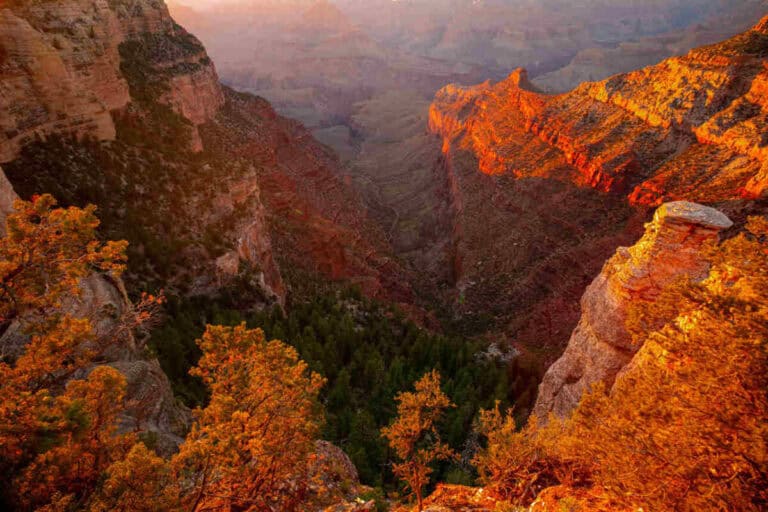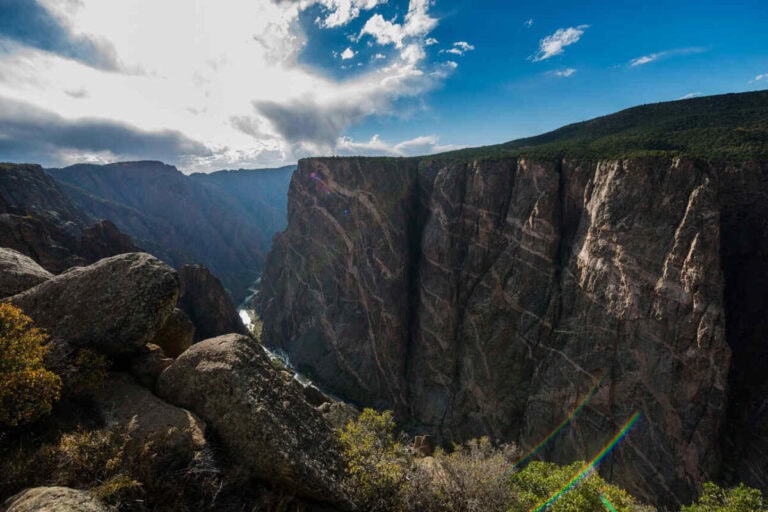New Legislation Simplifies Filming Process in National Parks for Climbing Community
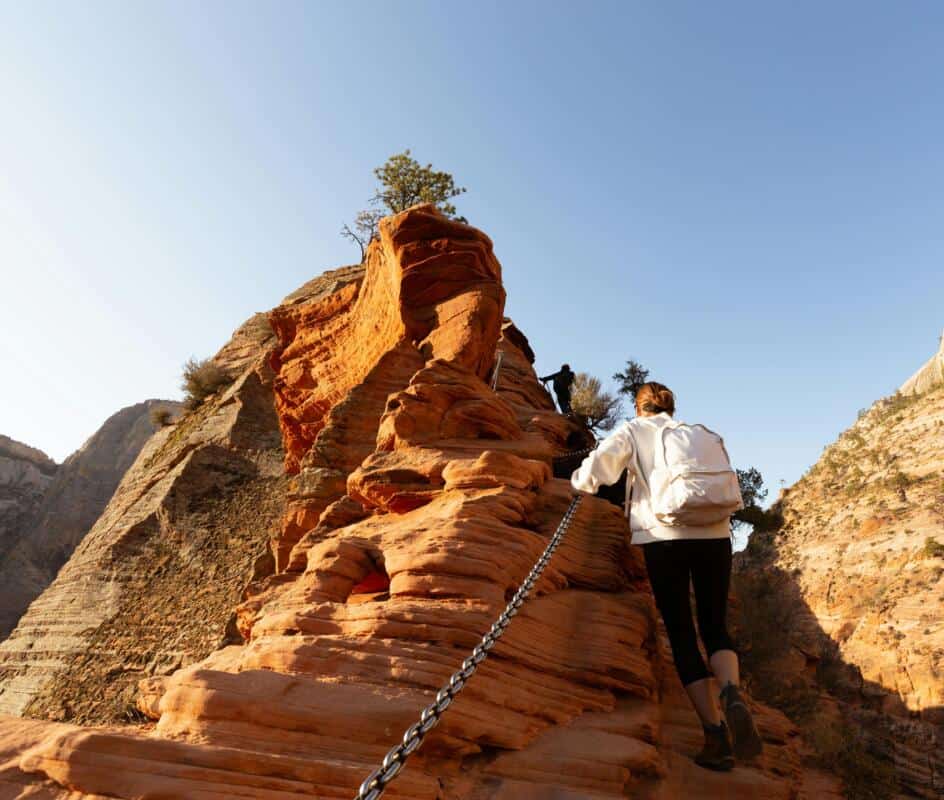
A new federal law has eliminated most permit requirements for small-scale filming in national parks, bringing significant relief to climbers and outdoor content creators across the country.
The Explore Act, which became law in January 2025, has made it much easier for photographers and videographers to work in national parks, especially those who film climbing activities.
Part of this law, Section 125 (called the Federal Interior Land Media Act), removes most permit requirements for small photography and filming projects. This change came after two years of work by photography groups like the North American Nature Photography Association.
Permits
Before this law, park rules required permits for any videos or photos meant to make money or advertise products, according to Outside Magazine. These rules applied to professional athletes who mentioned sponsors in their content and even regular climbers who posted videos on YouTube that earned money.
“This will really help creative people, filmmakers, photographers, and athletes”, says Mary Eden, a professional climber who has been in two films in Canyonlands National Park. “It will create many new chances for people to share their stories and work on creative projects.”
With the new rules, you don’t need permits for filming or taking photos if you have five or fewer people, you’re in public areas of parks, you don’t need exclusive use of locations, you’re not in wilderness areas, you use minimal equipment, and you avoid crowded visitor areas.
Challenges
Professional climber Eden knows firsthand how hard the old system was. She spent up to eight months talking with the Park Service to get filming permits and paid $300-$500 just to document her important climbs in Canyonlands National Park.
Now that the new law is working, Eden feels much better about the simpler process. “I feel more at peace knowing I can share my experience without breaking any laws”, she says. “I think this will really help small filmmakers in the long run.”
Even with these easier rules, Eden plans to keep talking with park officials about her projects. “We can work together to share our love for these places and protect the wilderness while also being reasonable. Someone with a camera is very different from a 20-person film crew.”
